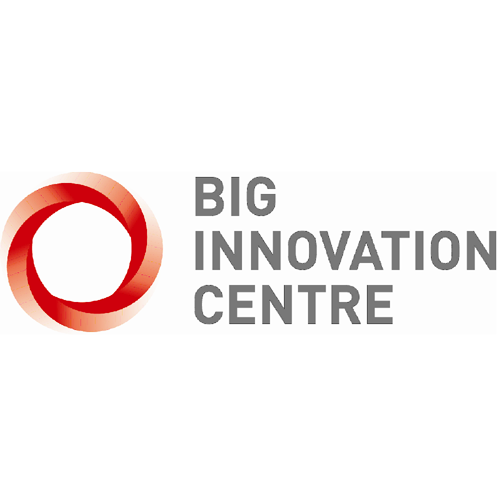Radical action needed across government and business to prevent decade of stagnation

Without urgent coordinated action across government, business and finance, the UK faces a ‘lost decade’ of stagnation. The government must act now to adopt a strategy of collaborative, entrepreneurial investment in those areas likely to bring the greatest dividends in growth and jobs.
This is according to the first report from the Big Innovation Centre - a groundbreaking initiative from The Work Foundation and Lancaster University to be launched this week (September 8) with a speech from Rt Hon Vince Cable and the backing of leading businesses and universities.
The report argues that without major change the country faces stagnating living standards, mounting deprivation and a growing structural trade deficit. The government must work alongside business and finance to invest in the UK’s ability to take advantage of the enormous opportunities provided by emerging technologies, chiefly the digital and low carbon economy, health science and healthcare, cyber-security and virtual reality. These are today’s equivalents of the steam engine, electricity or the internet – the so called ‘general purpose technologies’ (GPTs) that change the world and drive growth and job creation.
Will Hutton, Chair of the Big Innovation Centre and co-author of the report, said: “Britain is in an economic corner, and we must now innovate our way out of stagnation. This requires a wholesale shift in the way we think about growth. We need an enterprising state co-creating with business and finance – in short, an innovation ‘ecosystem’.
“Britain’s patchwork of institutions, networks and public agencies is not fit for purpose. Too few firms and public bodies have a grip on how to benefit from ‘open innovation’ - the key to change in the twenty first century. Backed by leading businesses, the Big Innovation Centre aims to be the catalyst the UK so badly needs – thinking, influencing and, just as importantly - doing.
“The state must take the lead on this because confidence among businesses is so fragile at present. The government has already recognised the importance of this agenda but the time has come to make it happen.”
Making the UK a Global Innovation Hub: How business, finance and an enterprising state can transform the UK introduces a policy agenda that sets out how government, business and public bodies should work together to develop innovation ecosystems, using open innovation models to harness the creative capabilities of both public and private sectors.
The key recommendations include:
• Building the Technology Strategy Board into the most effective global grant giver for research into GPTs and their application;
• Working to develop the most globally sophisticated national network of Technology and Innovation Centres, organised as far as possible on open innovation principles; and
• Co-developing with financial institutions a structural shift that creates a more effective supply of equity and loan finance to support innovative small and medium enterprises.
Professor Birgitte Andersen, Director of the Big Innovation Centre and report co-author said, “Transforming the UK into a global innovation hub is what the Big Innovation Centre is all about. Adopting an unprecedented business-oriented approach, it will draw in the best from the university and research world to create a coordinated British-based network to vigorously promote innovation and investment. Our rich potential must not be squandered. Not just so that the UK can get the most out of its discoveries, but because our economic recovery and prosperity now depends as never before on achieving this.”
Will Hutton concluded, “We aim to change Britain - to deliver a step change in its capacity to innovate and generate wealth. Nothing more; nothing less.”
Notes to editors
The Big Innovation Centre is an initiative of The Work Foundation and Lancaster University. The Work Foundation is the leading independent authority on work and its future. It aims to improve the quality of working life and the effectiveness of organisations by equipping leaders, policymakers and opinion-formers with evidence, advice, new thinking and networks.